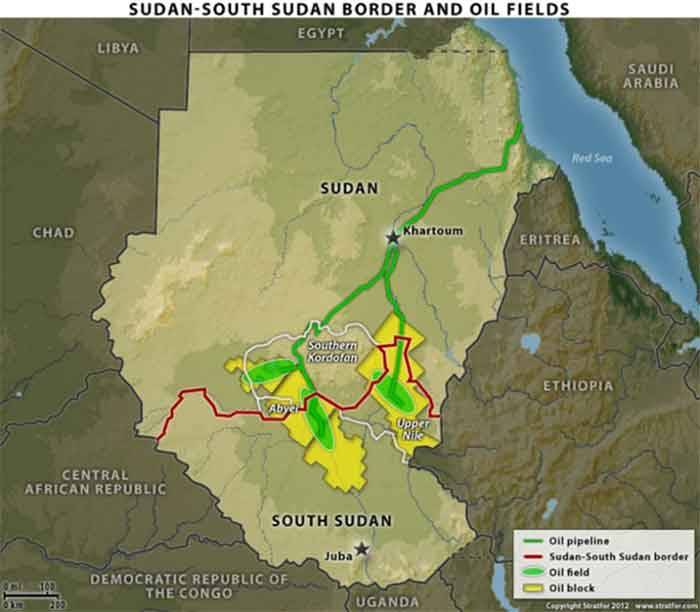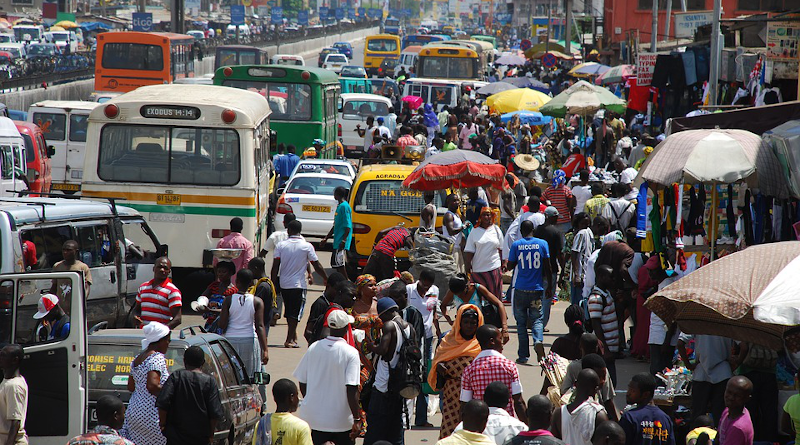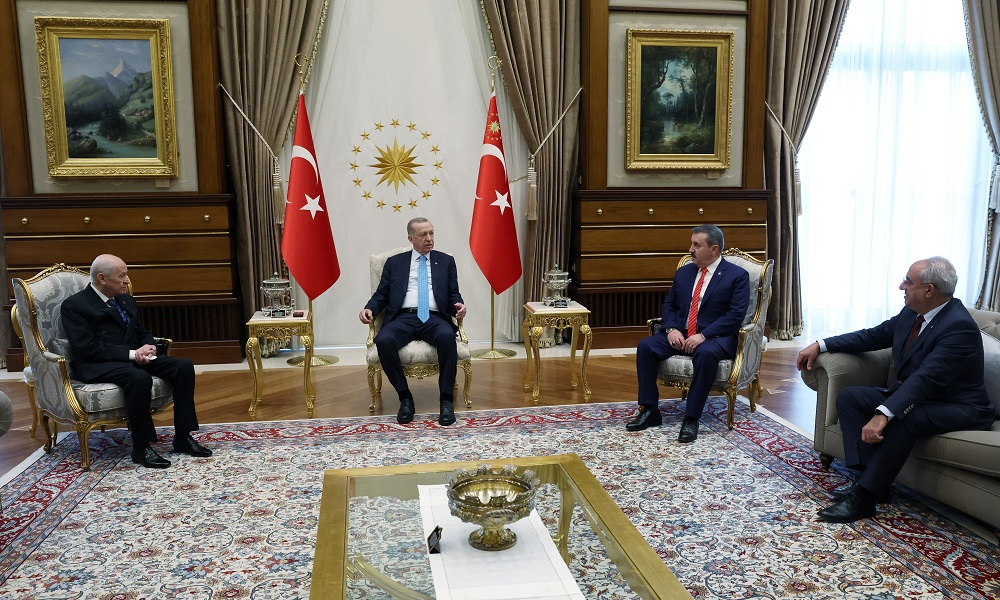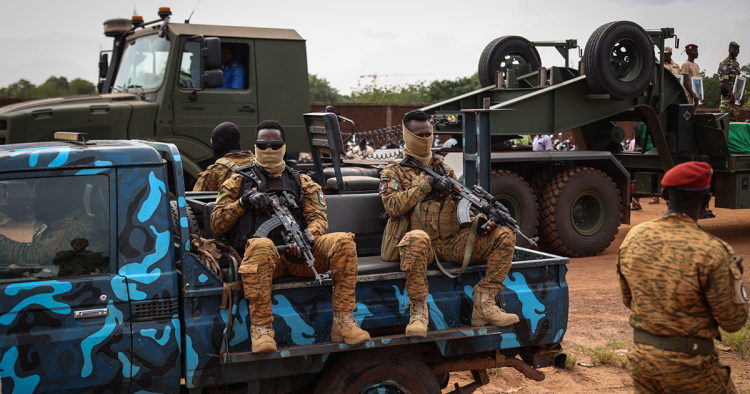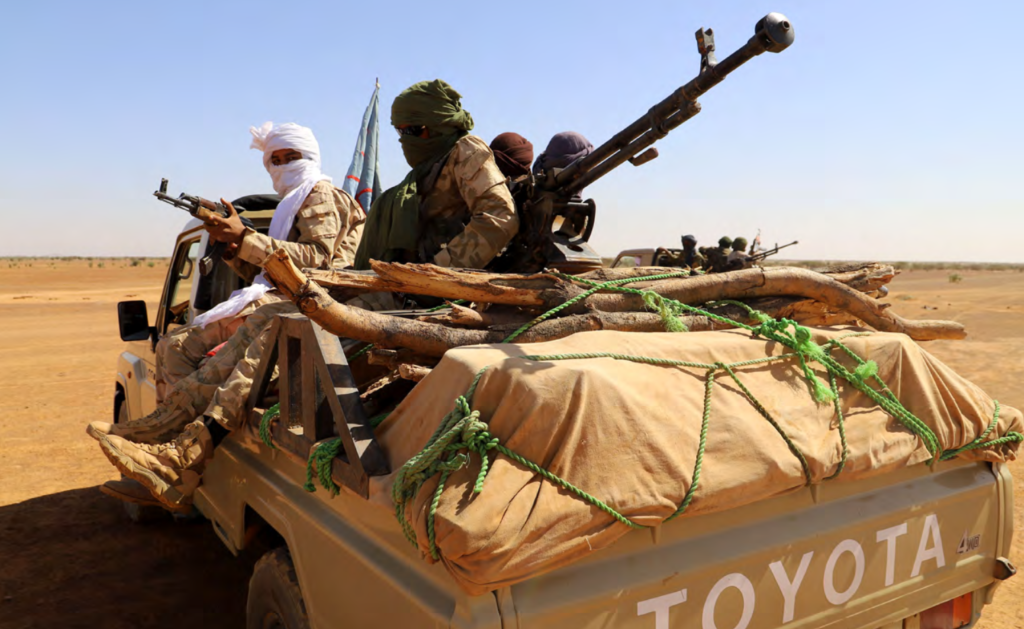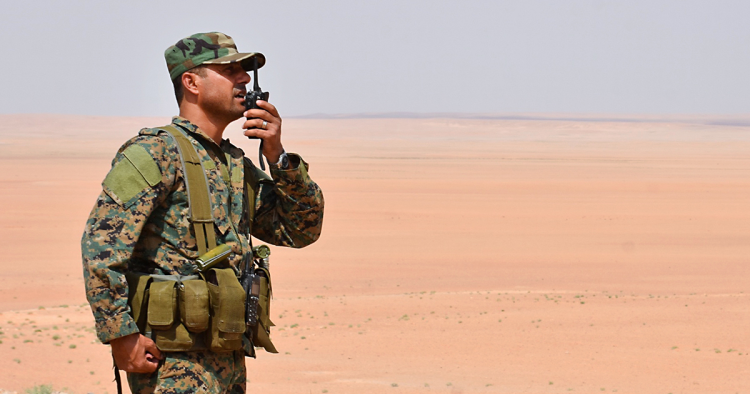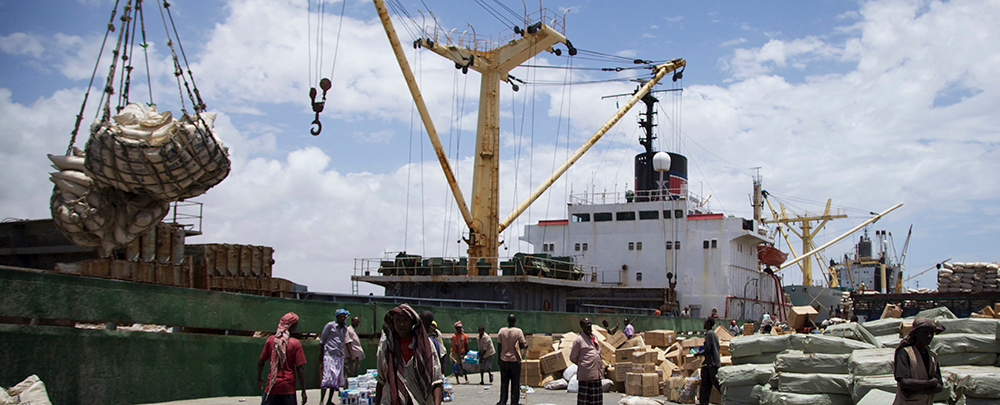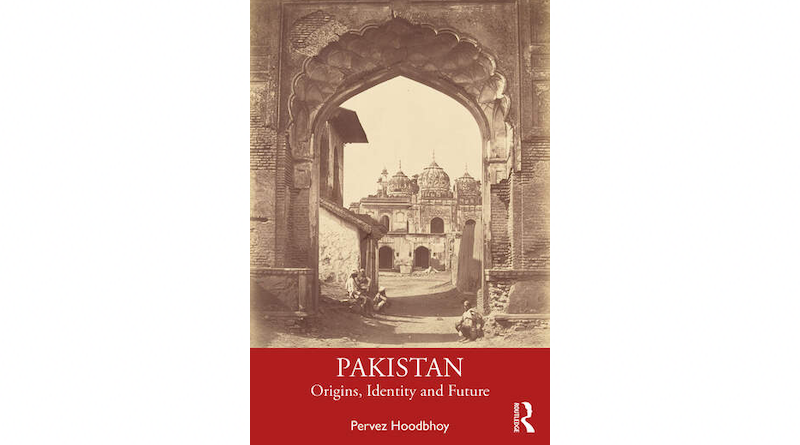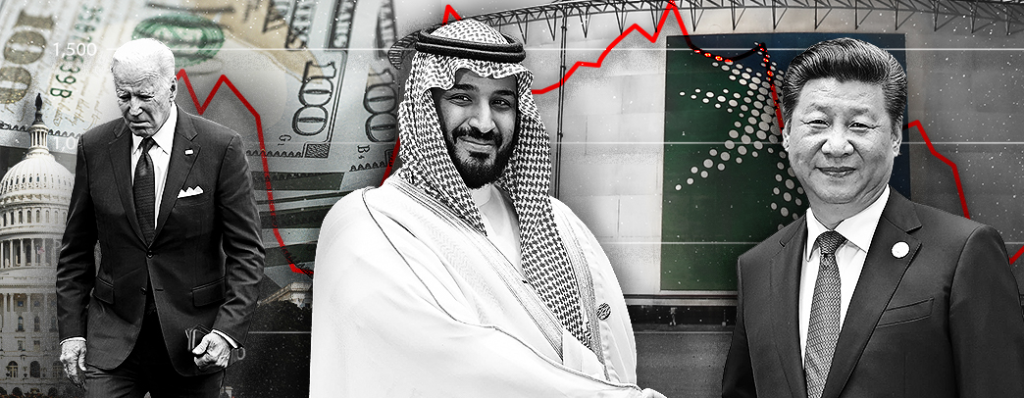Sudan’s Generals Are Dragging the Country Toward Disaster
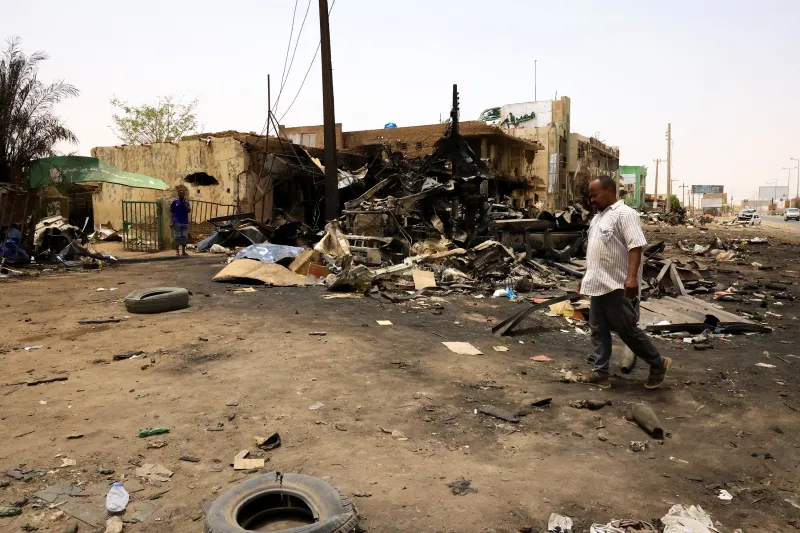
Only Civilian Leaders Can Forge a Path to Peace
Less than five years into its halting journey toward democracy, Sudan is spiraling toward protracted civil war. On April 15, fighting erupted between the country’s two main security organs, the army and a paramilitary group known as the Rapid Support Forces (RSF), which have been jockeying for power ever since they jointly overthrew longtime dictator Omar al-Bashir in 2019. The hostilities have been most intense in the capital city, Khartoum, but violence has broken out in at least eight of Sudan’s 13 states. Hundreds of civilians have been killed, and regional powers are lining up behind the main belligerents, promising to replenish their war stocks and enabling them to continue tearing the country apart.

